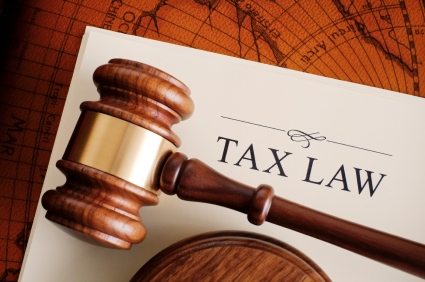Financial experts fear new tax rules for expats will blight the South Africa economy.
The rules abolish the country’s expat tax exemption for South African’s working abroad who earn more than ZAR1 million from March 2020.
Instead, they will face paying income tax at rates of up to 45% on their excess earnings.
But tax experts explained businesses will suffer more than individuals because they will be left to pick up the bill.
Companies sending South Africans abroad will have to increase salaries and benefit packages to cover the new tax.
End to expat tax-free earnings
The cash equivalent of benefits will be considered earnings for expats, sending the cost of employing South Africans soaring. The benefits include allowances for accommodation, cars, flights home and school fees for children.
In some locations, such as Dubai and Abu Dhabi in the United Arab Emirates, expats will not only pay income tax on their previously tax-free earnings, but on their end of contract gratuities. These payments can be up to half a year’s salary.
“The reality is that with this amendment, any additional cost would ultimately have to be borne by the employer, as no expat would accept an assignment without these benefits and, to ensure that these assignments remain lucrative, the employer would have to increase the expat’s package,” said a spokesman for Tax Consulting SA, a specialist consultancy.
Tax options
The firm urged expats not to make snap decisions to try and avoid the tax.
“The expat exemption only relates to South African’s who are tax resident, so the obvious answer would be to cease tax residency of South Africa,” said the spokesman.
“However, doing this isn’t as simple as one might think. There are different options when doing this, but by far the cleanest and most direct approach would be to financially emigrate, provided, as noted above, correctly done.
“Once one becomes a non-tax resident, their foreign earned income and their foreign assets are protected from the grips of the South Africa Revenue Service and this also gives protection against South African capital gains tax on most assets and protection against estate duty, but you still have to pay capital gains tax on fixed property when you sell.”
